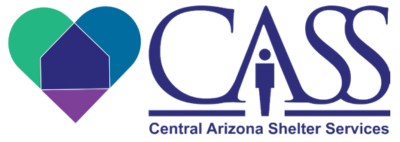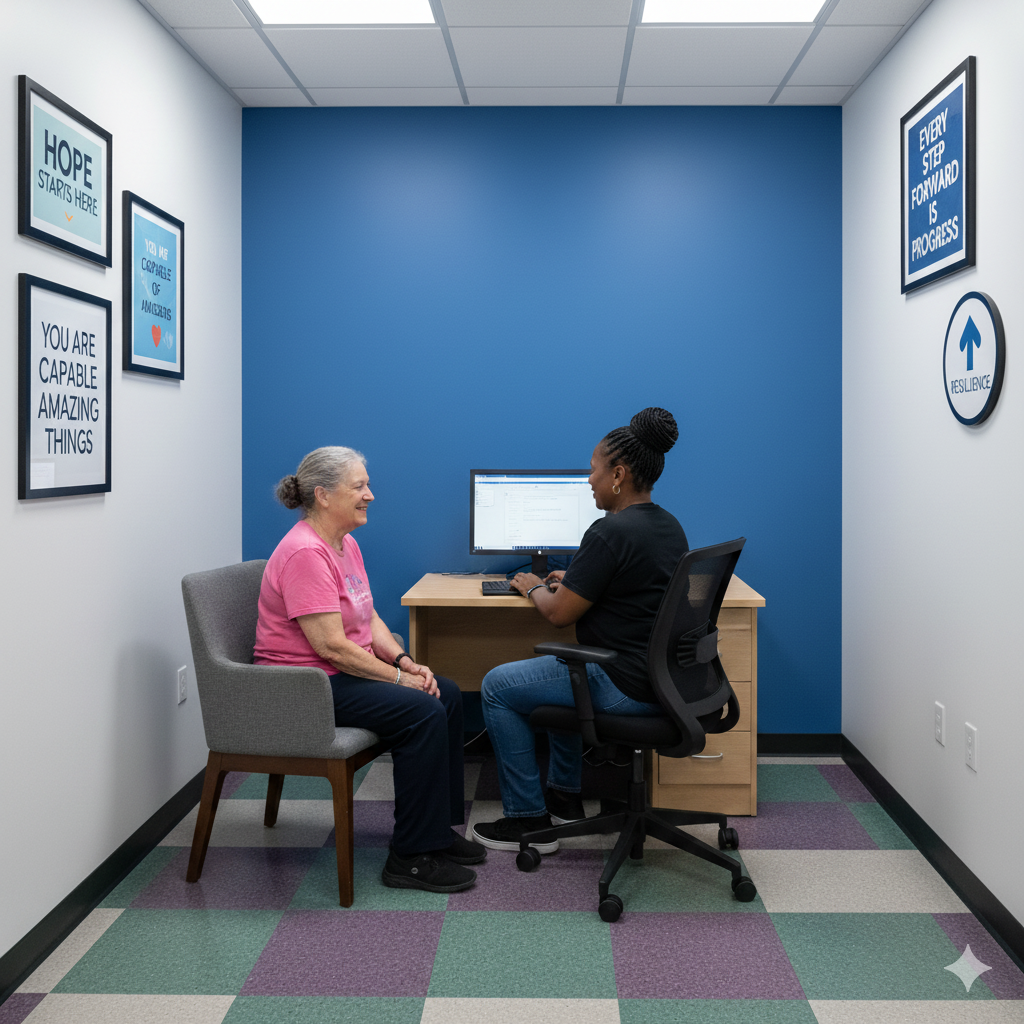Carol heading into new career with help from CASS

Carol is a 38-year-old woman who came to CASS in March after losing her job and becoming homeless. She is originally from Paradise Valley and has lost contact with all of her family. Carol came to case management appointments expressing a strong desire to find a program through which she could complete CDL training, with the aim of beginning a new career as a commercial vehicle driver.
Carol was able to enroll in a driving training program and complete all classwork portions of the program. Now, Carol has her CDL learner permit and can start the hands-on driving portion of the program. Carol was excited upon arriving to her most recent case meeting, as she had just received a job offer in Denver. The company is offering to help Carol finish training, relocate her to Denver, and provide her with a guaranteed position upon completion of training. Currently, Carol is waiting for her entrance date into the program.
About CASS:
Founded in 1984, CASS is the largest and longest serving homeless emergency shelter provider in Arizona. Our adult and family shelters, as well as our temporary senior shelter operate at full capacity, 365 days of the year. CASS’ provides shelter, case management and housing support to a truly vulnerable community, from around the state and beyond.






